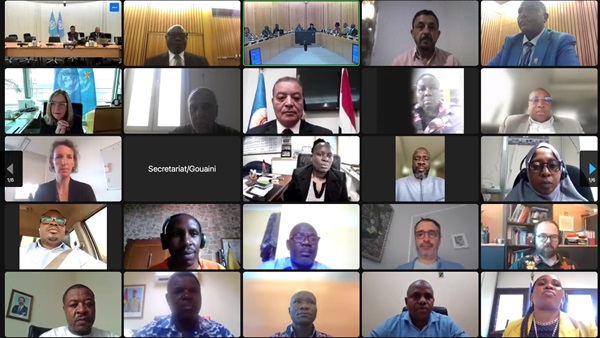
The World Meteorological Organisation (WMO), Regional Association for Africa, has convened virtually from May 13-15, 2024, to tackle Africa’s weather, water and climate challenges in Addis Ababa, Ethiopia.
Africa faces heightened vulnerability to extreme weather and climate impacts, with floods in East Africa and drought in Southern Africa underscoring the crucial need for early warnings. The WMO highlighted gaps in basic observation systems that hinder accurate forecasts.
The public information officer of WMO Regional Office for Africa, Kosmos Akande-Alasoka emphasised the significant impacts on vulnerable societies due to devastating floods in East Africa and drought in Southern Africa.
The meeting gathers national meteorological and hydrological service leaders from across Africa to address key concerns like strengthening observation networks, enhancing climate services, promoting sustainable water management and fostering regional cooperation.
In her opening speech, WMO secretary-general Celeste Saulo stressed the importance of utilising meteorological and hydrological knowledge to safeguard lives, support sustainable development and enhance community resilience in the face of climate challenges.
WMO President Abdulla Al Mandous highlighted the organisation’s commitment to building Africa’s capacity to provide essential weather, climate and water services for sustainable development through education, training and capacity enhancement.
President of the Regional Association for Africa (RAI), Fetene Teshome emphasised the implementation of early warnings for All in Africa to strengthen national multi-hazard early warning systems and ensure comprehensive coverage by 2027.
The meeting will address the critical need for efficient and reliable climate services in light of extreme weather events across the continent. It will focus on enhancing observational networks, improving forecasting systems, and building climate adaptation and mitigation capabilities.
Investments in observation infrastructure and dissemination of relevant information are crucial for informed decision-making and ensuring safety against hazards like tropical cyclones, droughts and floods.
Discussions at the session will cover flood and drought management, capacity development and integrated health science and services to promote regional collaboration and address meteorological challenges effectively.
The session will also prioritise the implementation of the WMO Strategic Plan 2024–2027, emphasising key initiatives like the Global Basic Observing Network (GBON) and the WMO Information System (WIS) to enhance service delivery through digital transformation.
Participants, including permanent representatives, hydrological advisers and stakeholders, are expected to contribute actively to shaping strategies for a more resilient and sustainable Africa through the effective implementation of resolutions and addressing existing gaps.

